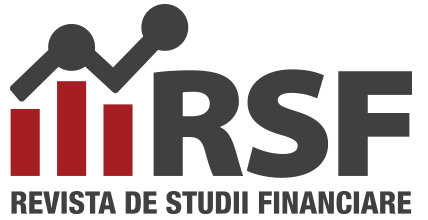Author: Ionuț Niculae
Vol. 10 • No. 19 • November 2025
Abstract
This study analyzes and presents the perceptions of young specialists in taxation regarding the underground economy and the role of digitalization in reducing it. For this purpose, a survey was conducted among students of the Master’s program in Taxation at the Bucharest University of Economic Studies, with a total of 43 responses. The results show that a large proportion of students define the underground economy as „undeclared work,” „tax evasion,” or „undeclared economic activities”. The most frequent reasons identified by students for the existence of the underground economy are high taxes, corruption, and complex regulations. Furthermore, they argue that the most effective method to educate citizens about the impact of the underground economy is formal education in schools and universities. When asked if they would report a person involved in the underground economy, more than half of the respondents answered affirmatively. Regarding the role of digitalization, students expressed openness to using digital payments and using as little cash as possible. In addition, their opinion is that the percentage of the underground economy will significantly decrease in the context of a future with initiatives to digitalize the financial system. Therefore, analyzing students’ perceptions of these aspects is not only relevant from an academic point of view but also crucial for formulating effective public policies to support a more open and transparent economy.
Keywords: underground economy, digitalization, online payments, cash, information system.
JEL Classification: E26, H21, O33.
DOI: 10.55654/JFS.2025.10.19.04
